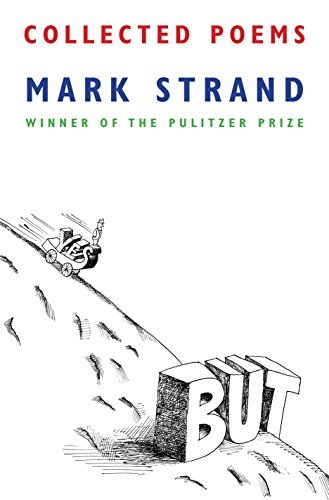What do you think?
Rate this book


546 pages, Kindle Edition
First published January 1, 2014
Those nights I would gaze at the bay road,
at the cottages clustered under the moon’s immaculate stare,
nothing hinted that I would suffer so late
this turning away, this longing to be there.